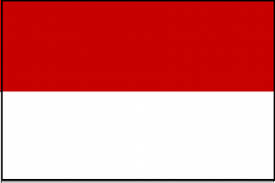
Visa and entry requirements Indonesia:
Passport required
No visa is required
Information from the Foreign Office about your trip to Indonesia:
https://www.auswaertiges-amt.de/de/indonesiensicherheit/212396
Indonesia is the largest island state in the world with around 270 million inhabitants, making it the country with the fourth most population in the world. The state has land borders with Malaysia, East Timor and Papua New Guinea as well as water borders with Singapore, the Philippines, Palau and Australia.
Most of Indonesia's land area lies on the Asian continent. The country's only official language is Indonesian and the rupiah is used as a means of payment, with 1 euro equaling around 16,000 IDR.
The island state's most populous cities are Jakarta, Medan, Surabaya, Bandung, Palembang, Padang and Banda Aceh.
The territory of Indonesia consists of more than 17,600 islands, of which around 6,000 are inhabited. The country's large main islands include New Guinea, Java, Borneo, Sumatra, the Moluccas, the Sunda Islands and Sulawesi.
A large number of important waterways pass through or border the Indonesian island chain, such as the Java Sea, the Banda Sea, the Timor Sea, the Celebes Sea, the Strait of Malacca, the Indian Ocean, the Andaman Sea, the South China Sea, the Strait from Makassar, the Pacific or the Lombok Strait.
The territory of Indonesia has one of the largest tropical rainforest areas in the world and the climate is mainly tropical, with almost constant temperatures. The rainforest is home to an enormous number of different and rare plant species as well as Asian mammals.
Serious natural events such as earthquakes, seaquakes or volcanic eruptions occur very often in Indonesia. The biggest disaster to date occurred in 2004, when a devastating seaquake triggered a subsequent tsunami, severely damaging many parts of the country and causing almost 180,000 people to lose their lives.
Indonesia's population consists of 86% Muslims, making it the country with the most Muslim inhabitants in the world with over 200 million people. There are also around 10% Christians, 3% Hindus and 1% Buddhists living in the country.
Indonesia is now the eighth largest economy in the world, with significant reserves of natural resources. The country's most important raw materials include natural gas - Indonesia is the world's largest exporter of natural gas, gold, copper, iron ore, nickel and coal.
Other important export goods of the Southeast Asian state include wood, palm oil, rice, cocoa, coffee and peanuts.
Tourism is an additional important source of income for the country. Due to the enormous diversity of landscapes, its species-rich national parks and numerous cultural and religious places, Indonesia is now the travel destination for almost 12 million annual visitors.
The capital of Indonesia is Jakarta with approximately 13 million inhabitants in the urban area and approximately 32 million in the metropolitan area. Jakarta, the largest city in Southeast Asia, is also the political, cultural and economic center of the country.
The capital's main attractions include the National Museum, the Presidential Palace, the National Monument, the Istiqlal or Independence Mosque, Chinatown, the Jakarta Cathedral, Immanuel Church, the Old City, the Fish Market, Central Park and Indonesia Square.
So far I have traveled to Indonesia three times, including in February 1994, December 2016 and May 2018. While my first stay was only briefly in the capital and then mainly on the island of Bali, the city of Jakarta was the starting point for my last two trips to the Southeast Asian island state .
The huge metropolis of Jakarta was a bit of a challenge during the day because I had to plan my day based on the immense traffic. After my driver was able to convince me of a few other options, contrary to my initial plans, he actually somehow managed to take me to all of the capital's important attractions. Given all my wishes, it definitely wasn't that easy.
Otherwise, Jakarta is certainly not the capital with the most spectacular sights in Asia and therefore not worth a longer stay.
In contrast, the somewhat smaller islands of Indonesia had really unique and worth seeing cultural things to offer. The local people were always extremely friendly and made my time an unforgettable experience.
Among all the typical Asian destinations, Indonesia is considered one of the cheapest travel destinations in the world and impresses with a unique volcanic landscape.
Therefore, the largest island state in the world is highly recommended and a fantastic travel destination.

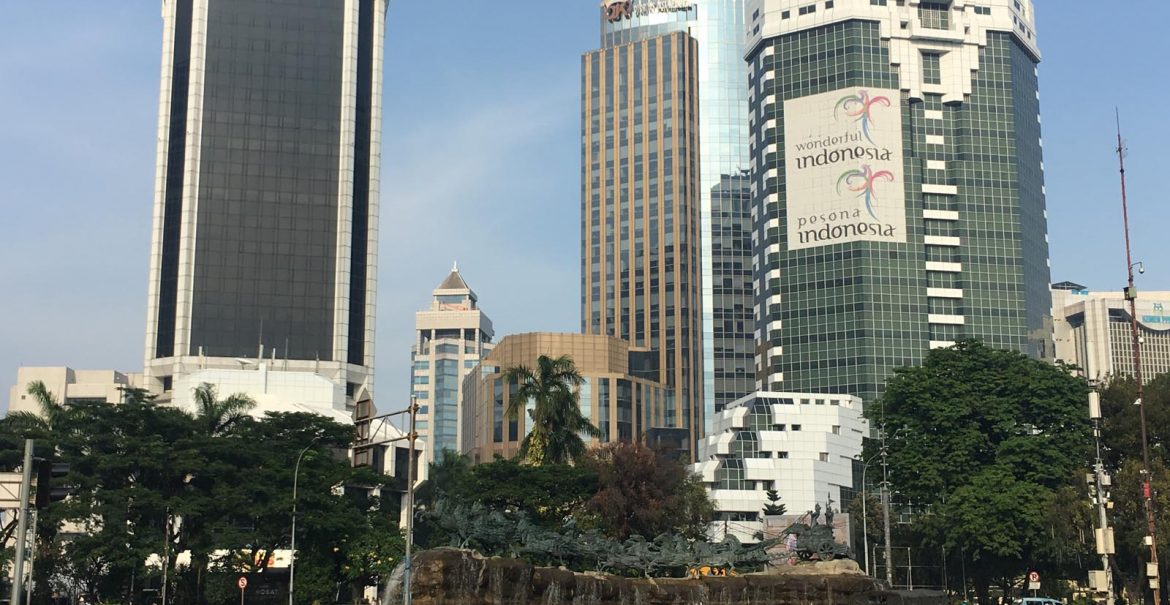
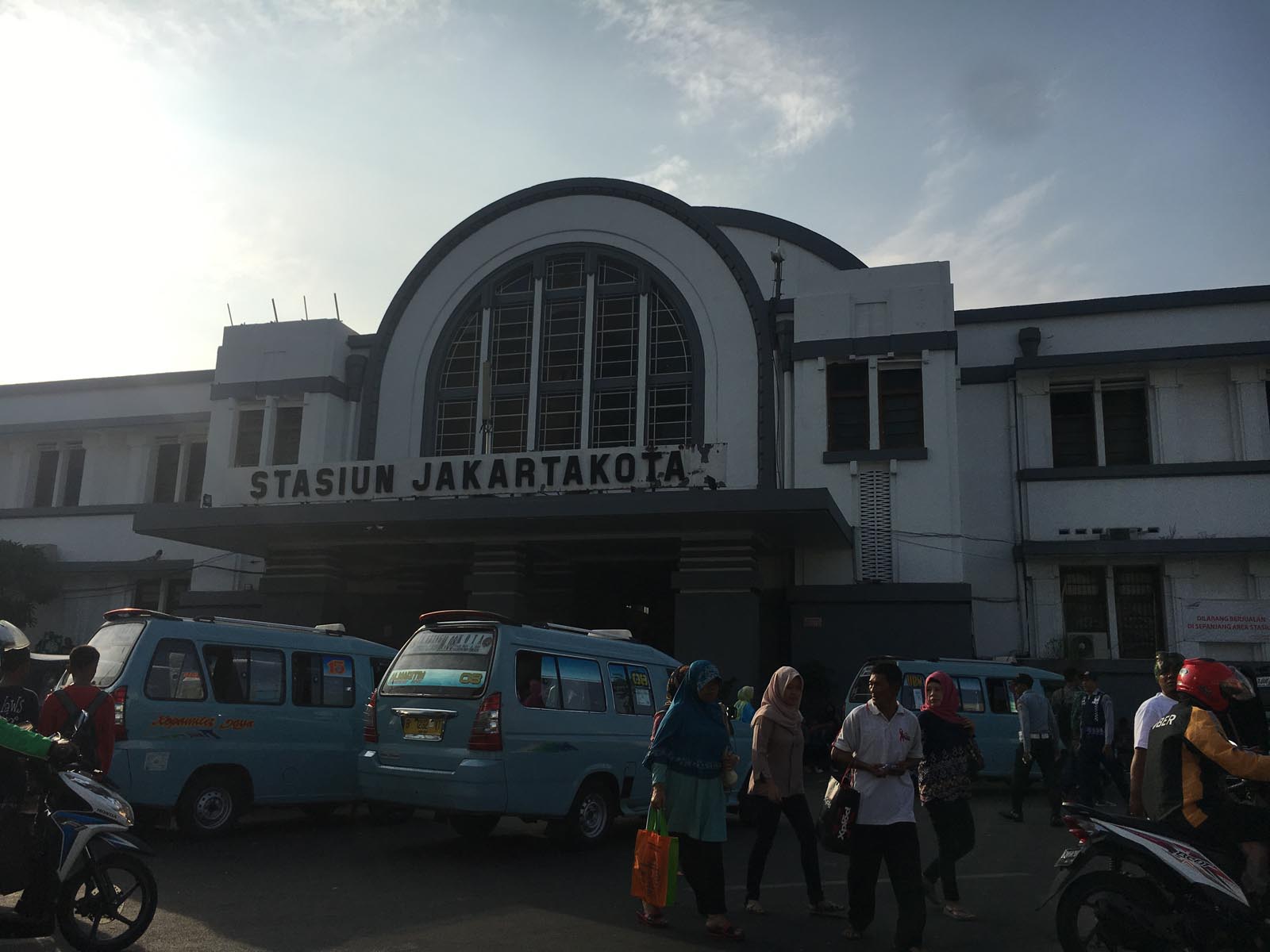
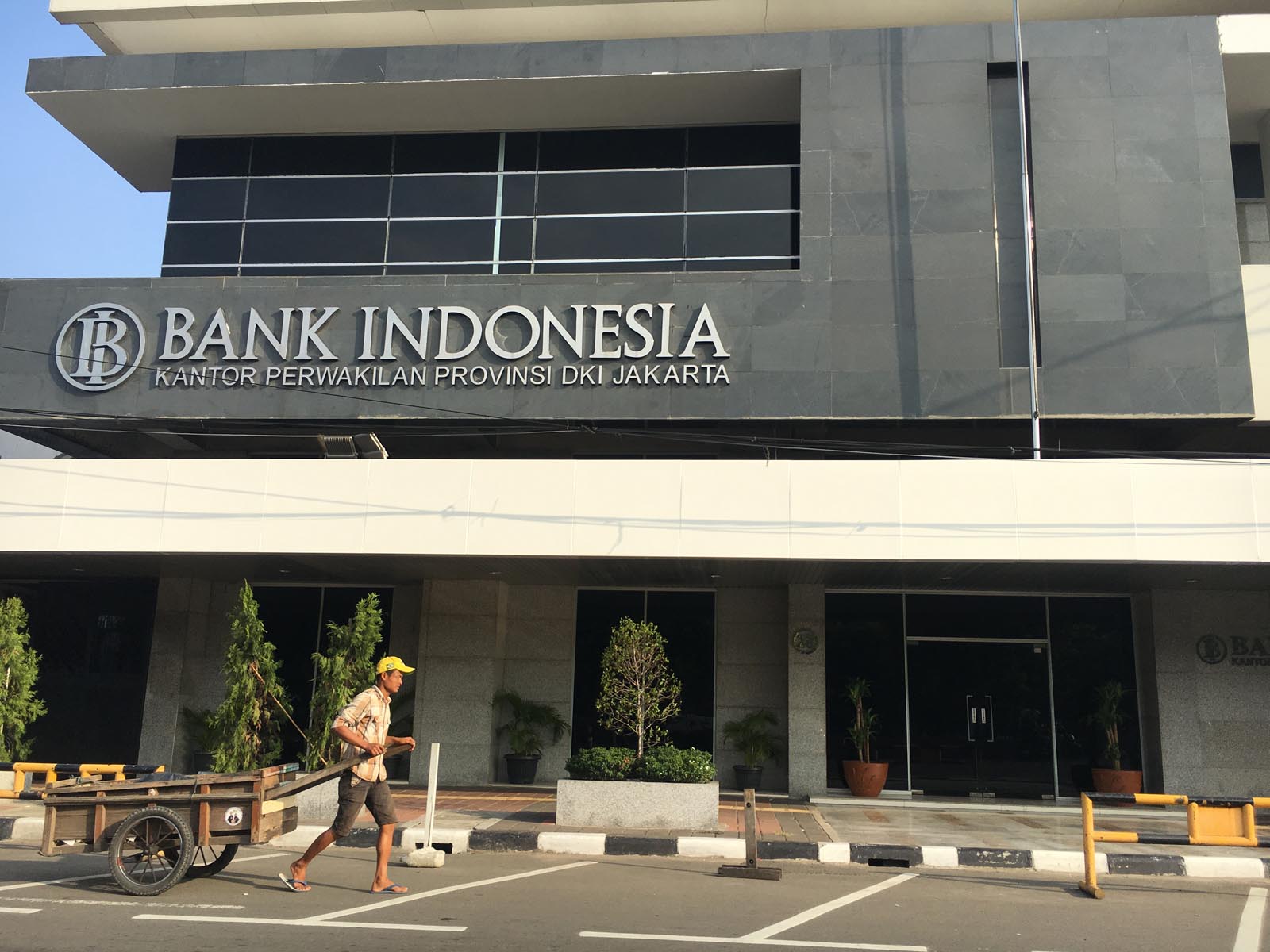
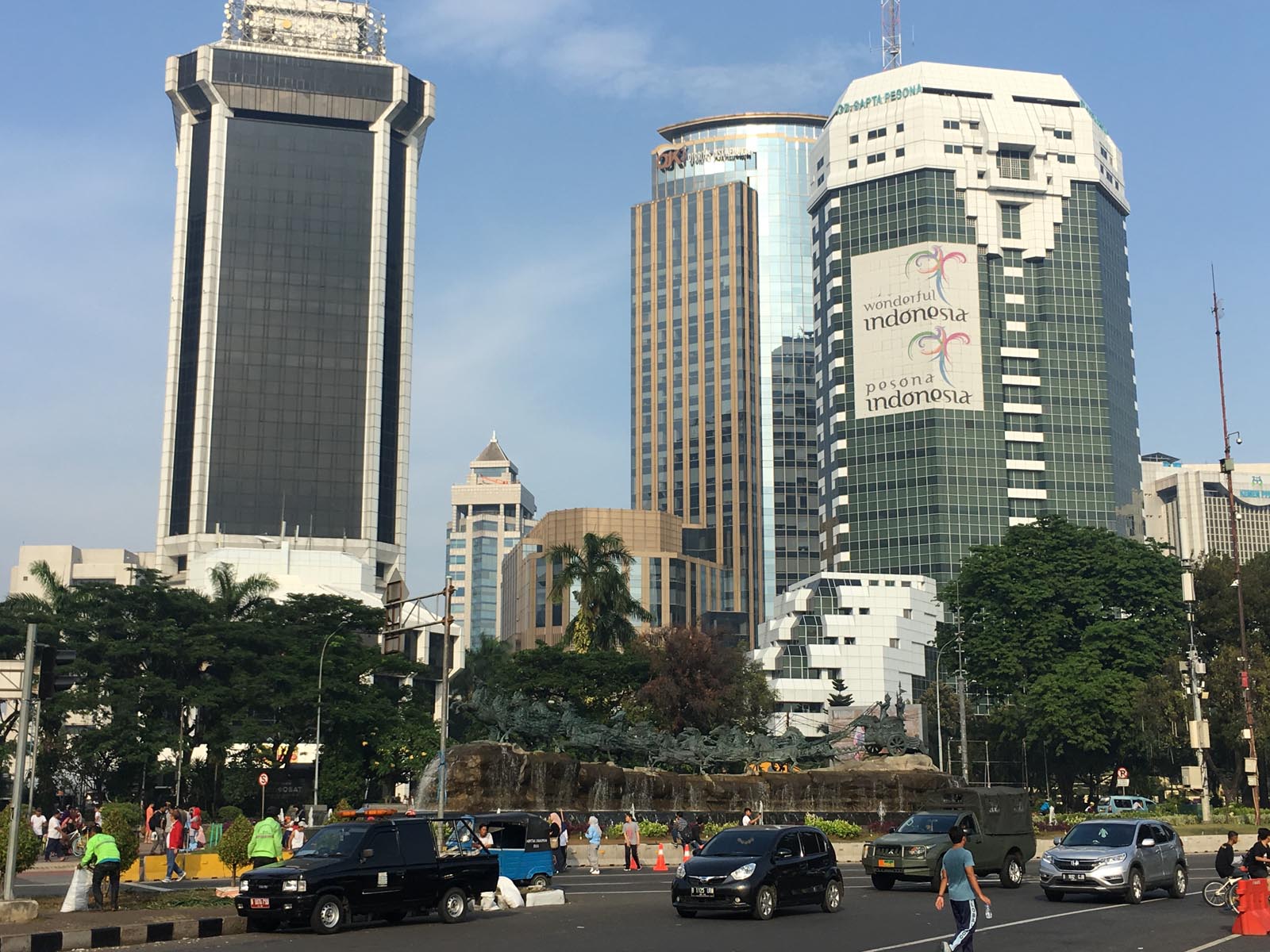
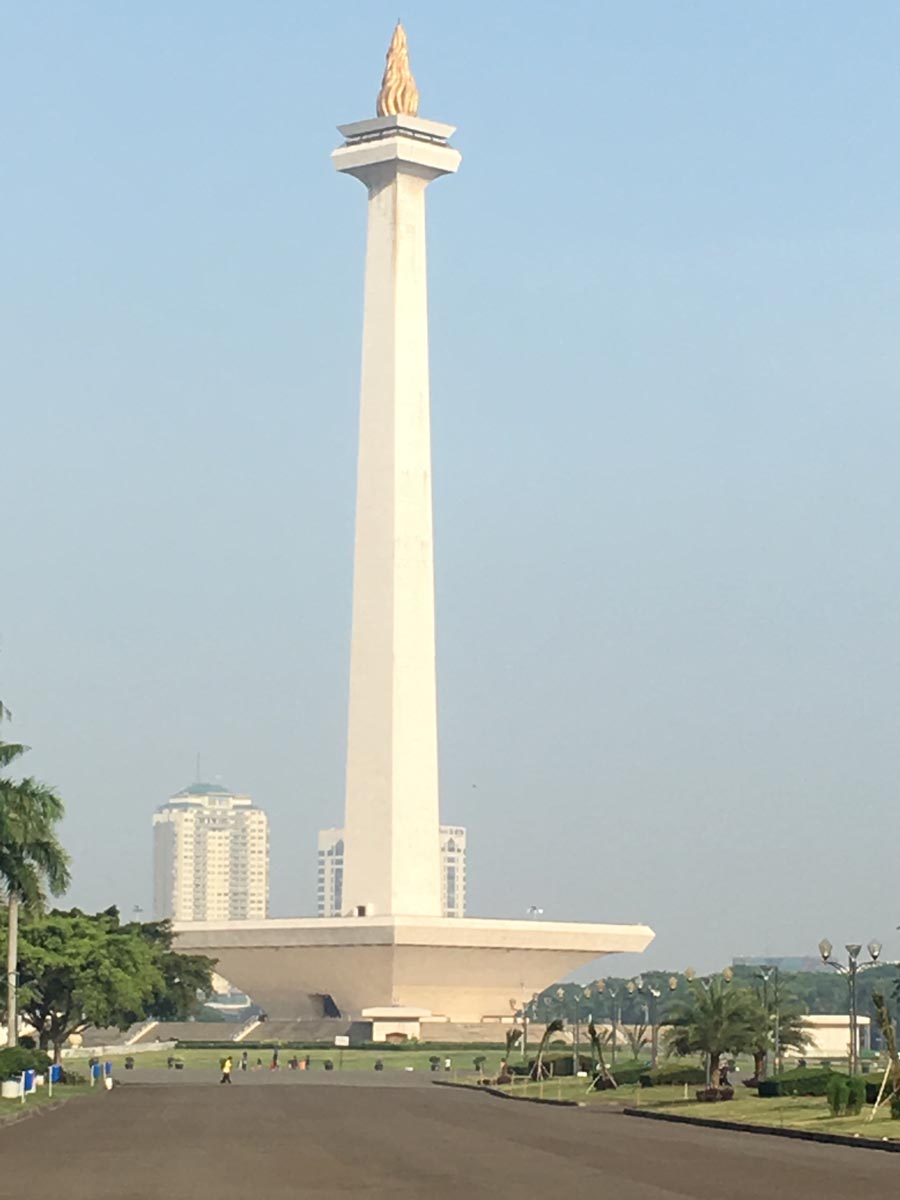
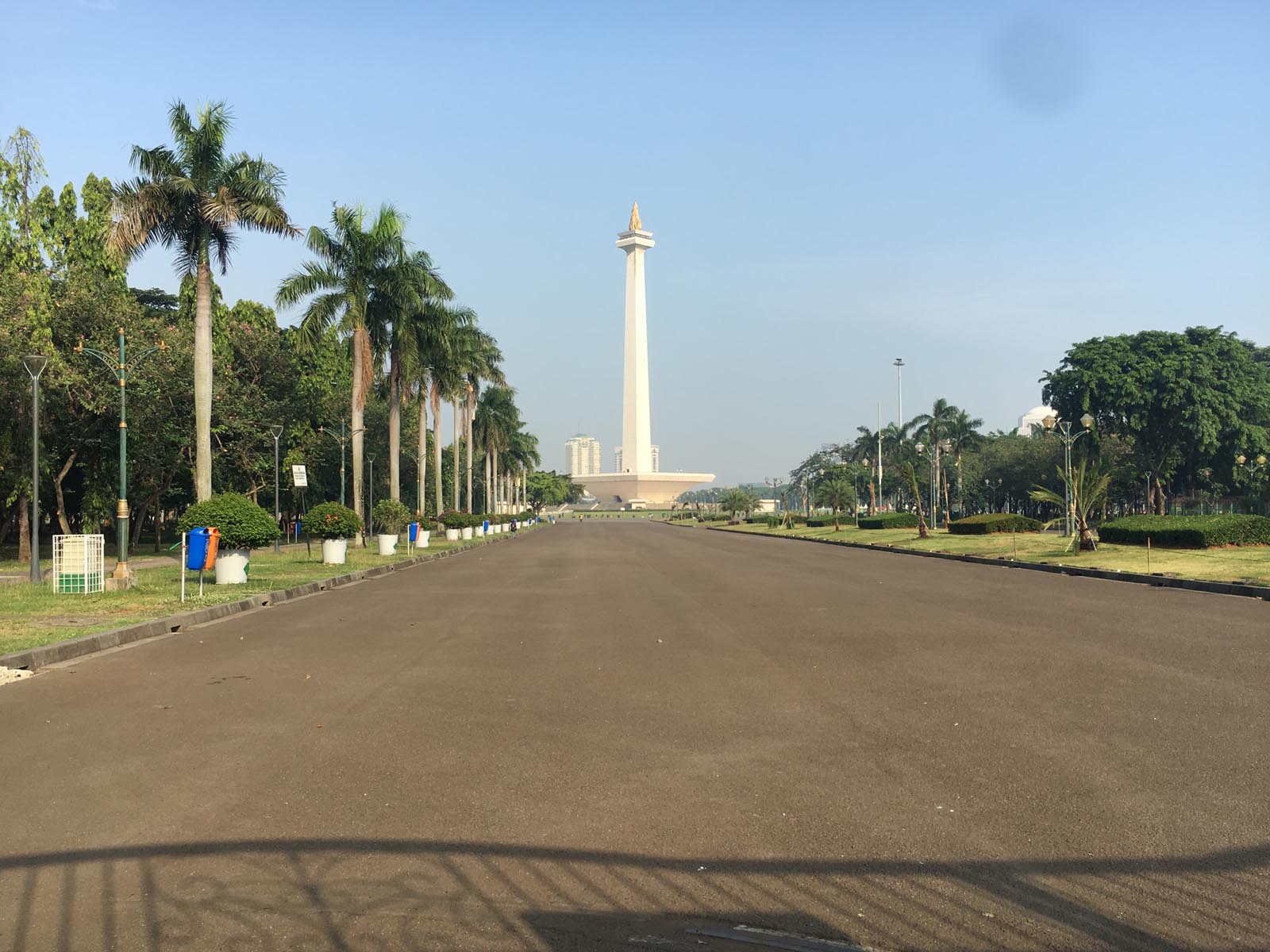
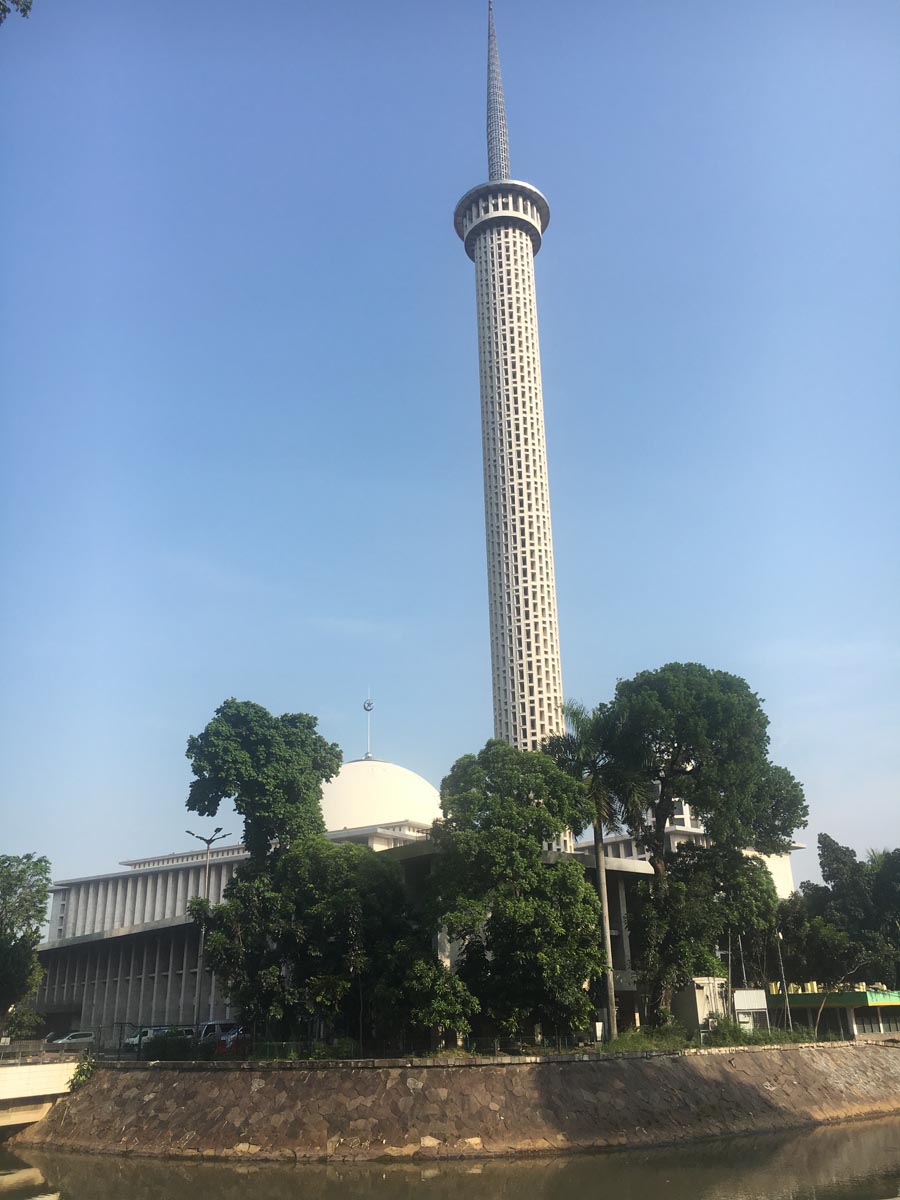
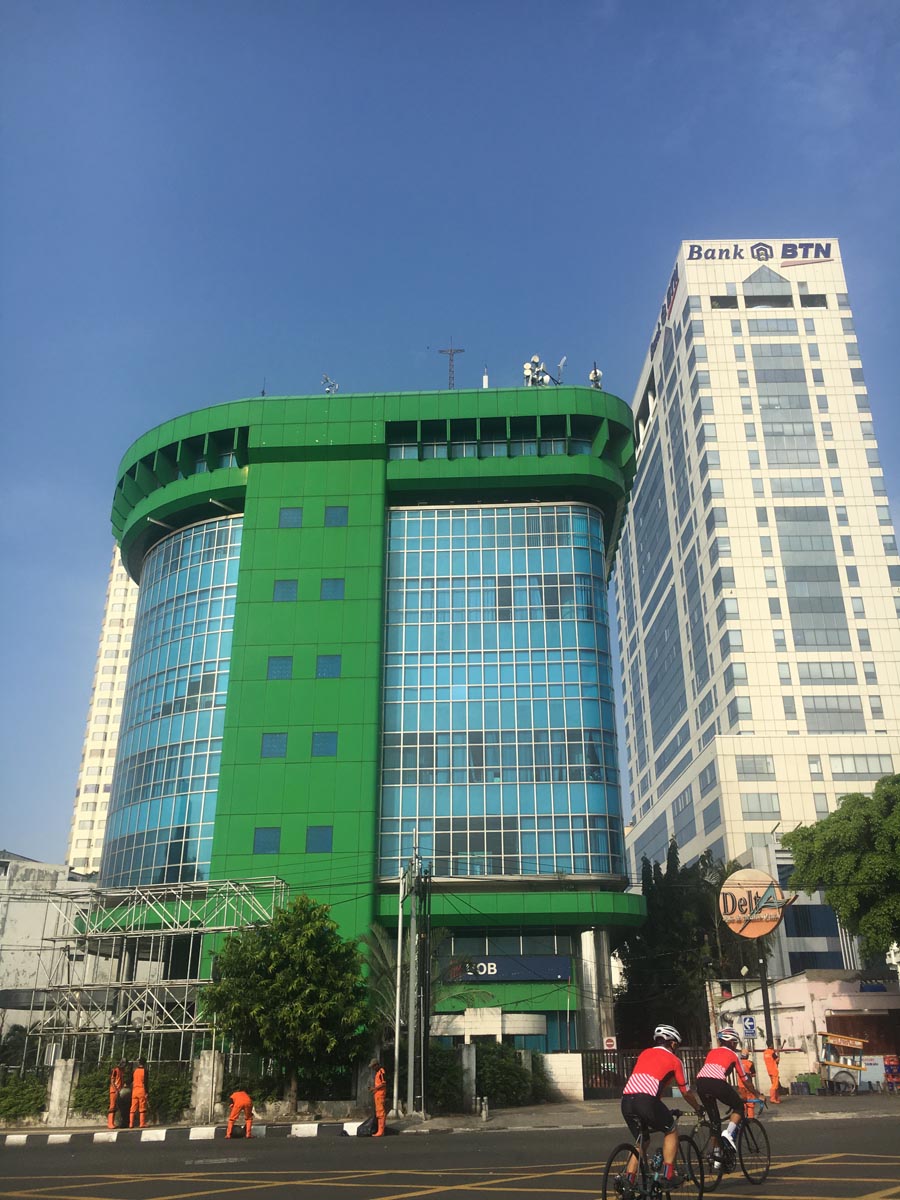
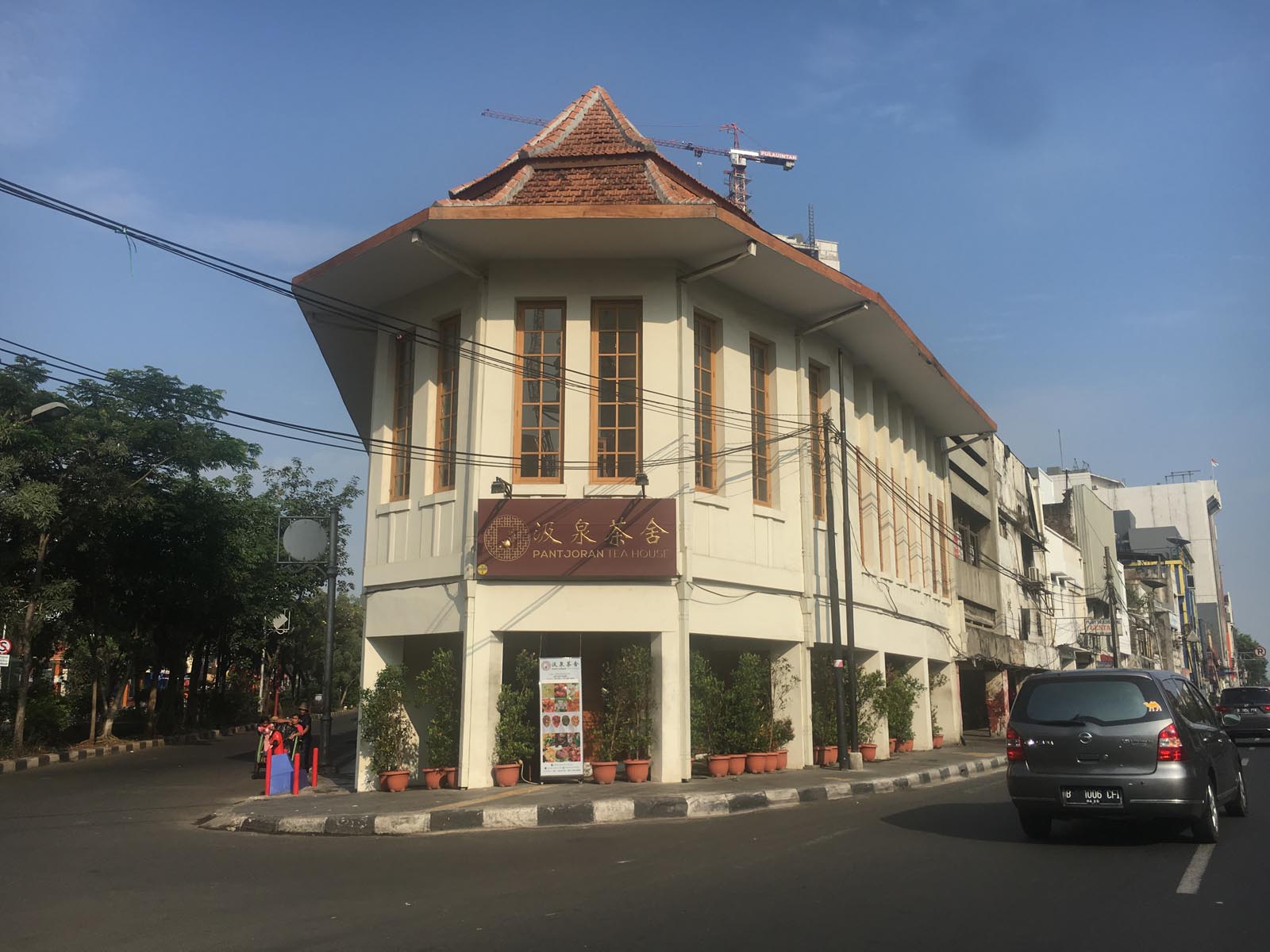
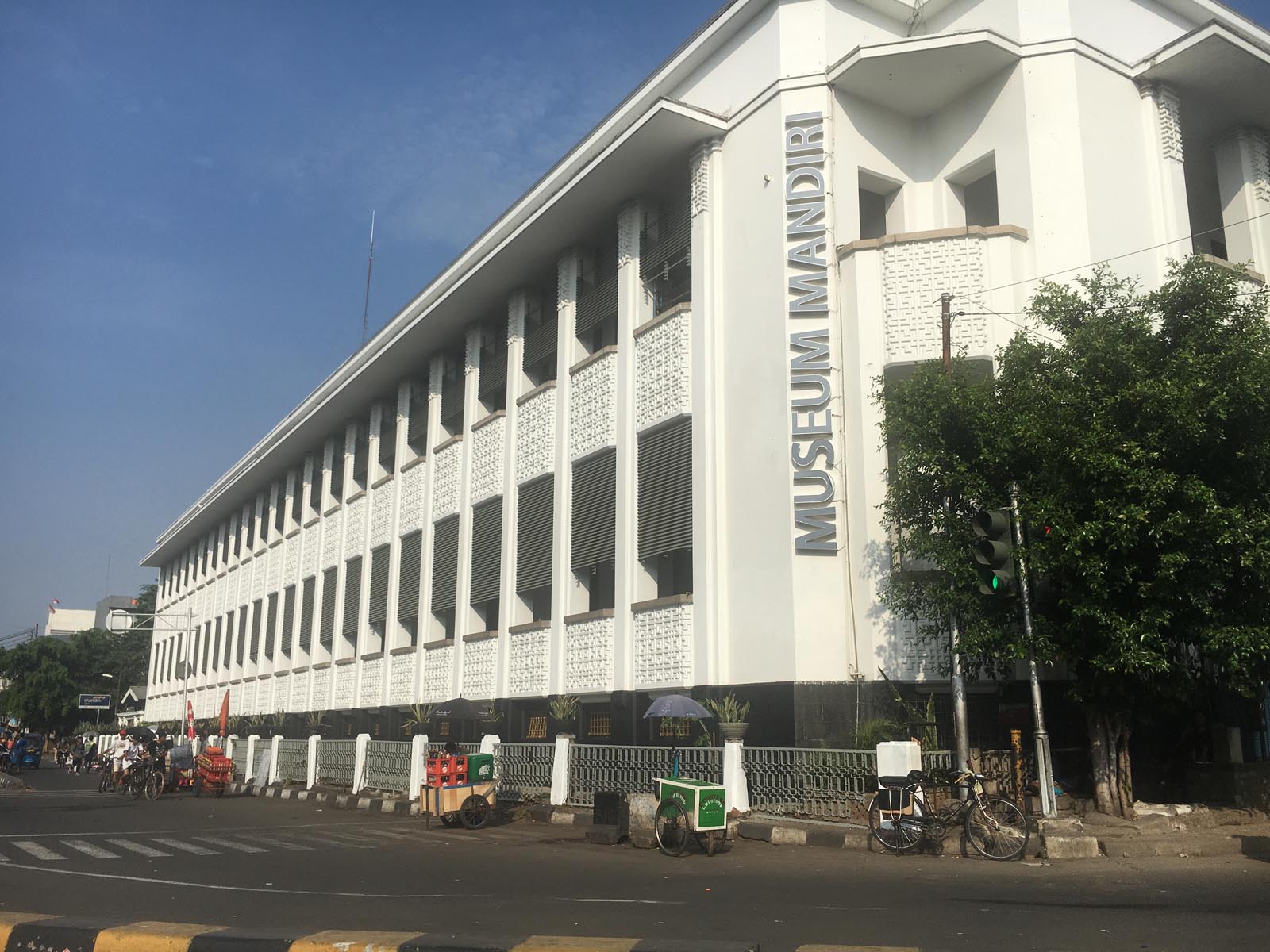
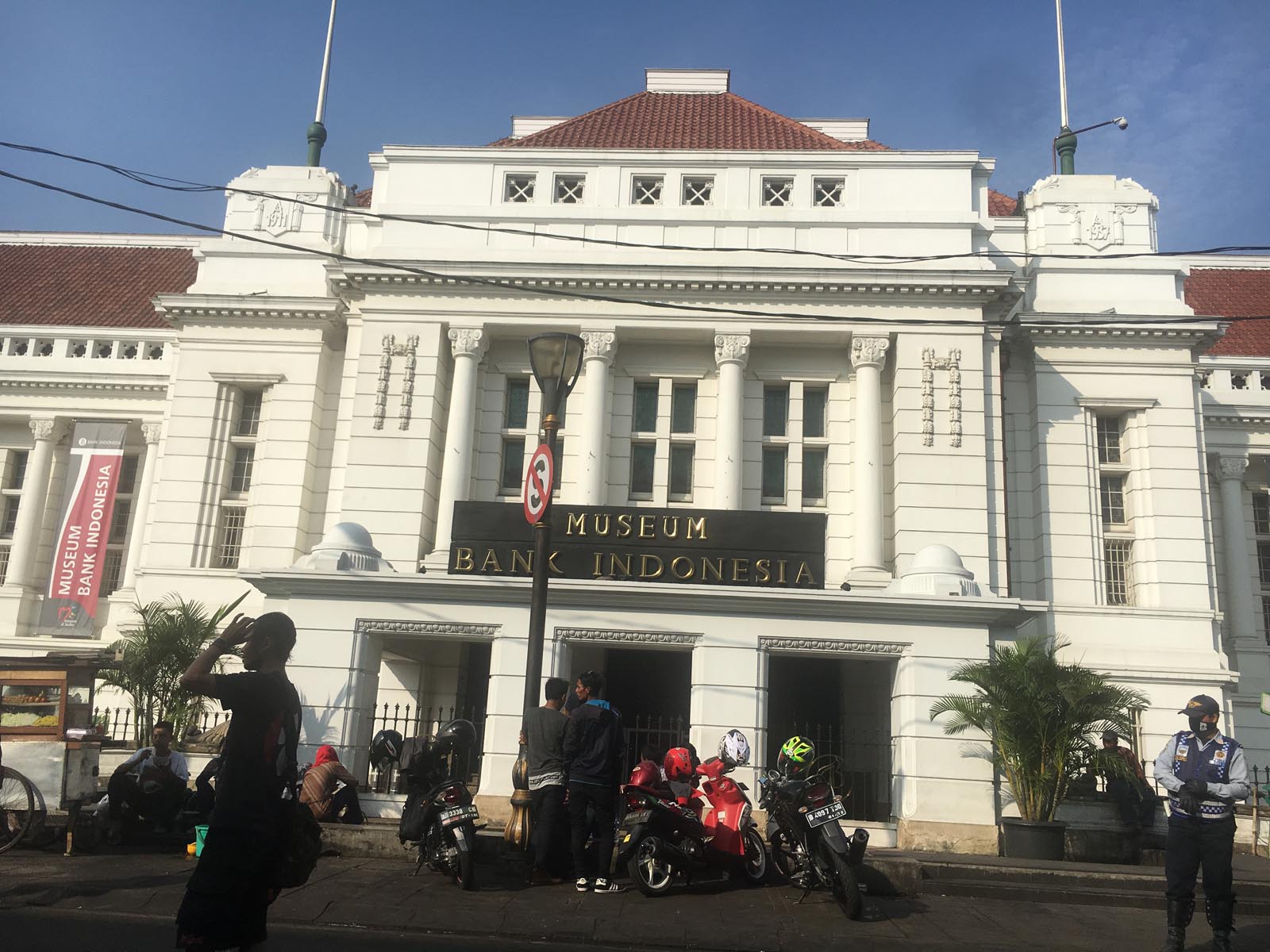
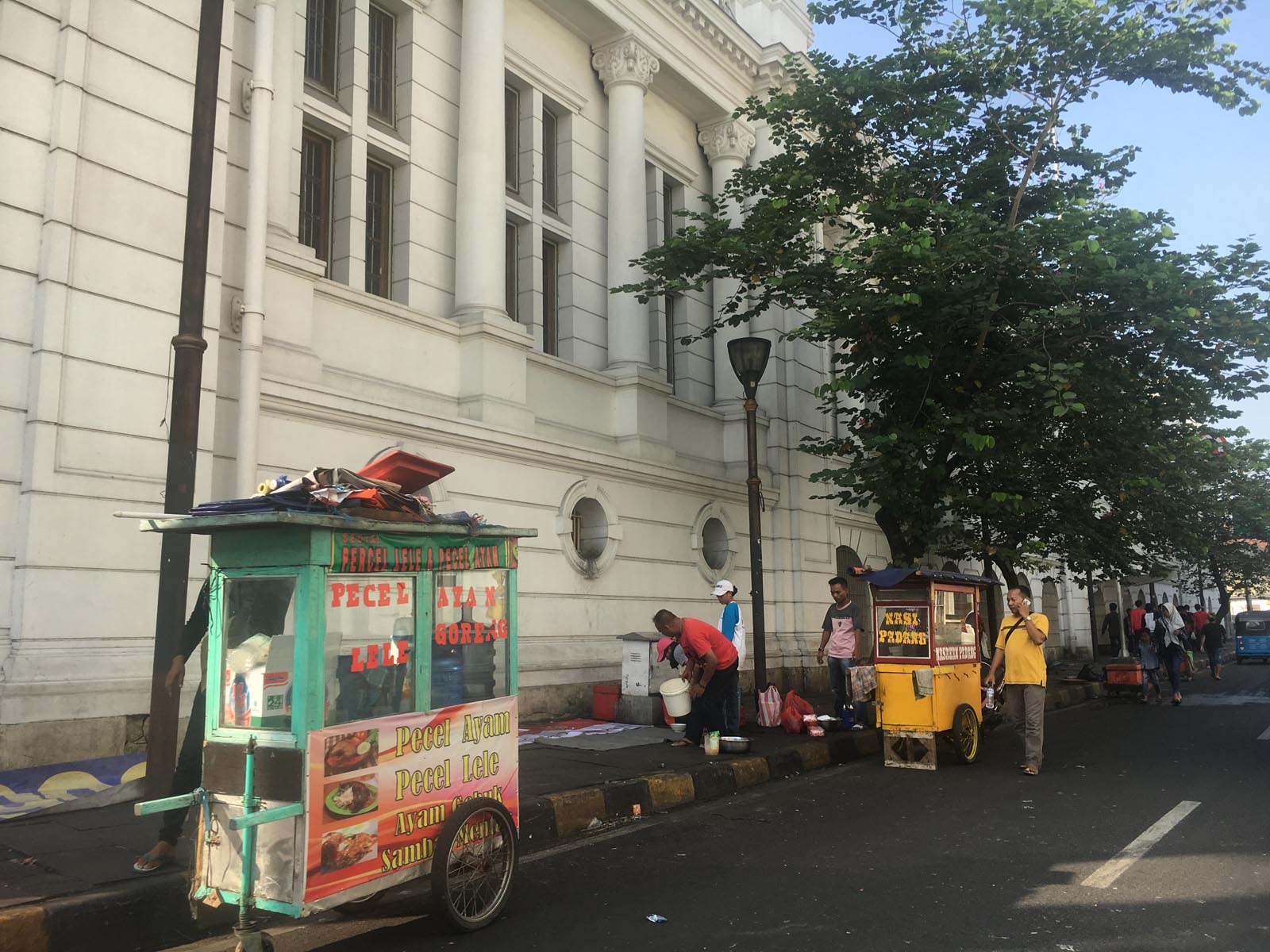
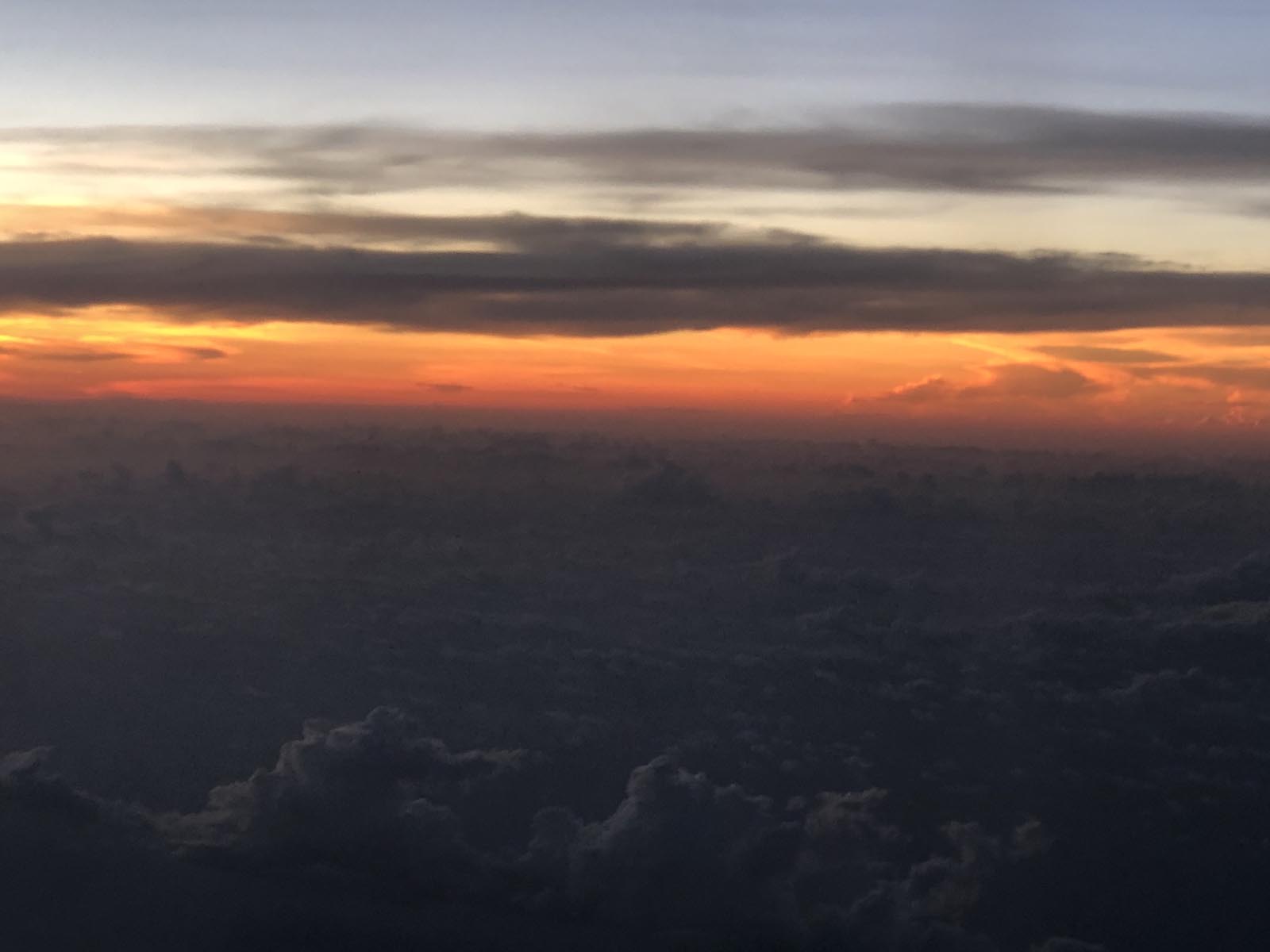
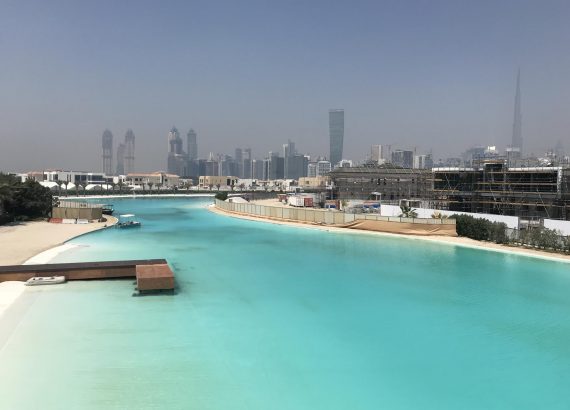
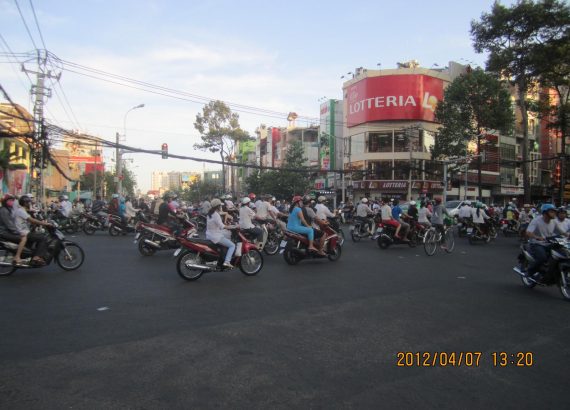
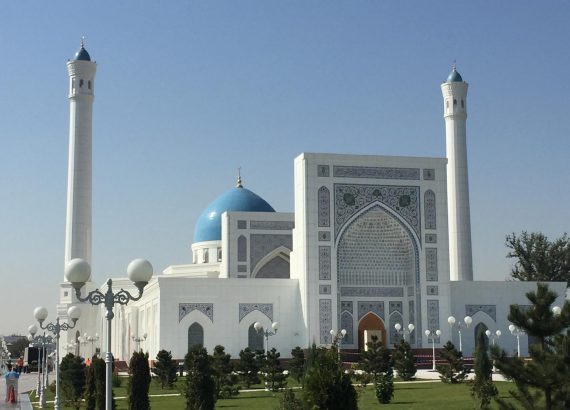
No Comments